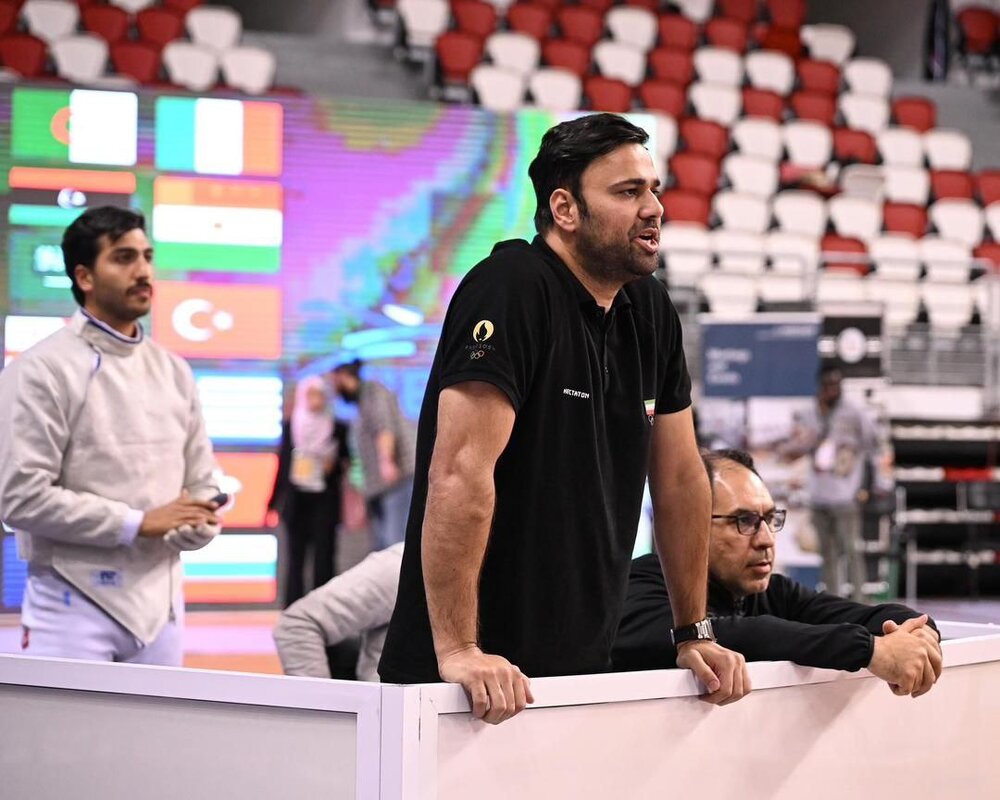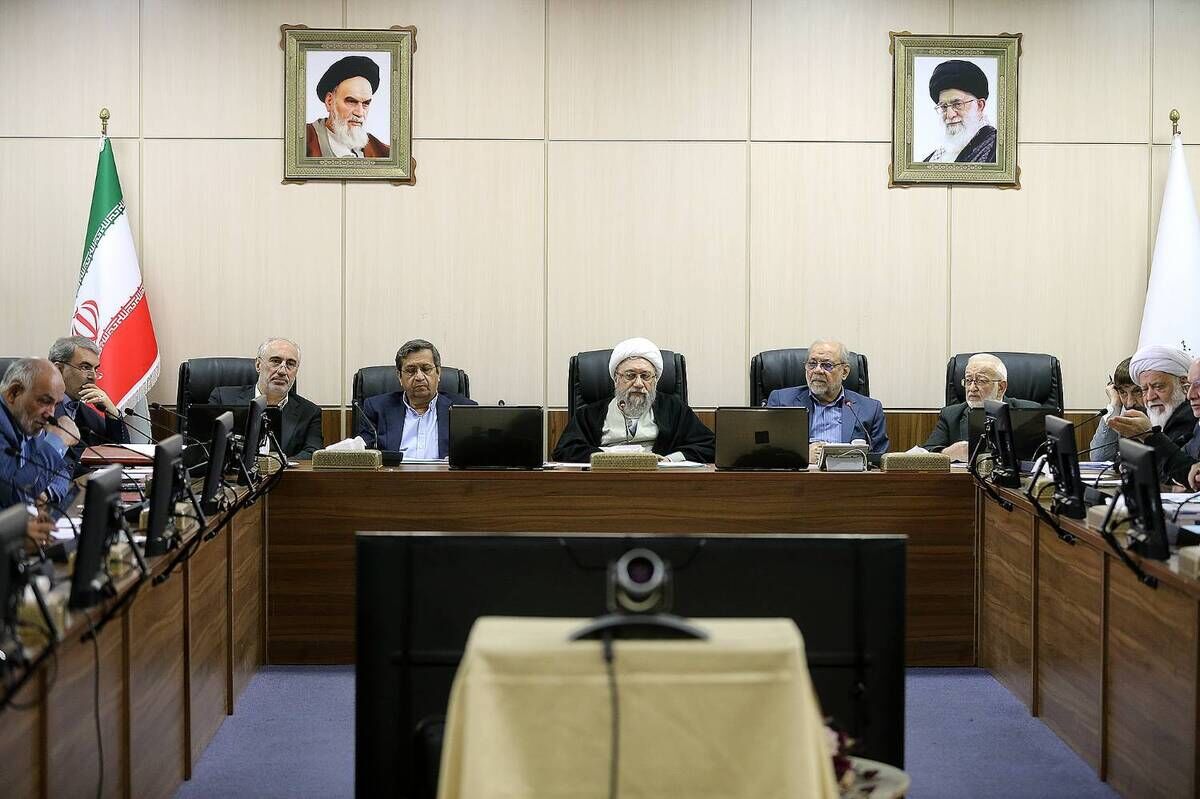Houthis signal end of attacks on Israel and vessels after Gaza ceasefire
Houthis signal end of attacks on Israel and vessels after Gaza ceasefire

Yemen’s Houthis have suggested they would stop attacking Israel and vessels in the Red Sea following a ceasefire in Gaza, in a letter shared in a post on X that signalled the group is looking to move past the two-year conflict.
“You have presented to the entire world the greatest example of Islamic steadfastness,” a letter addressed to Hamas from the Houthi military’s chief of staff, Major General Yusuf Hassan al-Madani, said, adding that the group had defeated “the strongest empires of money, faith and technology”.
The undated letter, which was posted on X by the Houthis on Sunday, thanked Hamas for expressing condolences over the death of the Houthis’ military chief of staff, Major General Mohammed Abdulkarim al-Ghamari.
The group announced his death in October by an Israeli air strike, but it was not clear when the attack took place. Israeli officials signalled Ghamari was killed in August.
But the letter appeared to telegraph an end to the Houthi attacks on Israel and vessels in the Red Sea.
“We are closely monitoring developments and declare that if the enemy resumes its aggression against Gaza, we will return to our military operations deep inside the Zionist entity, and we will reinstate the ban on Israeli navigation in the Red and Arabian Seas,” the letter said.
The attacks
The Houthis began attacking Israel shortly after it invaded Gaza following the Hamas-led 7 October 2023 attacks on southern Israel. The Houthis said they were acting in solidarity with besieged Palestinians in Gaza.
By late 2023, the Houthis began attacking vessels in the Red Sea, a strategic waterway at the southern entrance to the Suez Canal that connects the Indian Ocean and Mediterranean Sea.
The Houthis said they were targeting only Israeli vessels at first, but their targeting was sporadic. Later, they broadened their attacks to US and western-linked ships.
Experts said that the Houthis tried to use ship tracking data and intelligence to avoid targeting Gulf-linked ships and those tied to Russia and China.
In fact, Russia sensed an opportunity to capitalise on the Houthi attacks and deployed advisors to assist the group. It also weighed providing them with sophisticated anti-ship cruise missiles, Middle East Eye revealed.
Iran provided arms and training to the Houthis, which are considered part of the so-called "axis of resistance" along with Lebanon’s Hezbollah and Iraqi militia groups.
The Houthis stopped attacking vessels in January when a short-lived truce between Hamas and Israel was in effect. Israel unilaterally withdrew from the ceasefire in March, and the Yemeni group started firing missiles at Israel, although they refrained from maritime attacks.
Saudi Arabia
US President Donald Trump began a widespread bombing campaign against the Houthis that lasted until 6 May. Trump's decision to stop the strikes came in response to lobbying by Saudi Arabia, the Houthis' former foe, MEE revealed at the time.
Saudi Arabia and the Houthis are in a fragile truce, and Riyadh is trying to reach a political settlement with the group. The Houthis have been in talks with Saudi Arabia about paying the salaries of government employees in the territory the group controls.
Saudi Arabia backs Yemen’s internationally recognised government, but only controls a sliver of the population. Yemen’s capital, Sanaa, is controlled by the Houthis.
The Houthis shared the letter on X roughly one week before Crown Prince Mohammed bin Salman is to arrive in Washington.
The letter is notable because it signals a broader Houthi commitment to stop attacks. The group abided by its ceasefire with the US, but continued to attack Israel until the Gaza ceasefire was signed in October.
Attacks on vessels in the Red Sea picked up in the summer after Israel attacked Iran. In July, the Houthis sank two vessels with tertiary links to Israel, the Magic Seas and the Eternity C.
The Eternity C's US-based insurer, Travelers, decided not to extend war risk coverage on the vessel before its passage in the Red Sea.












